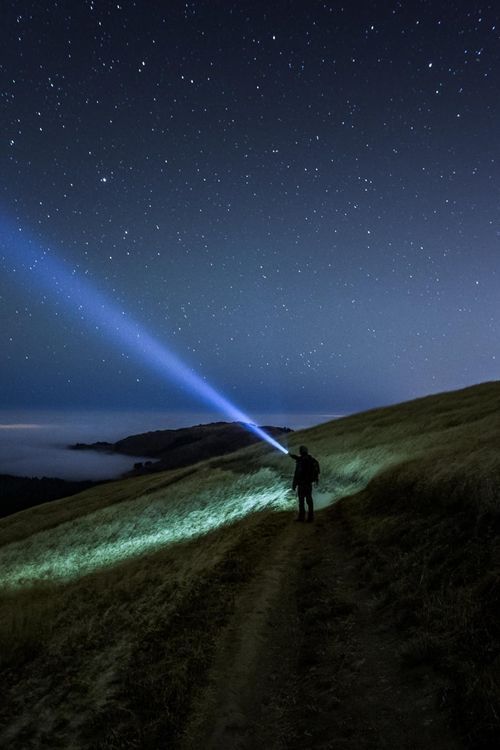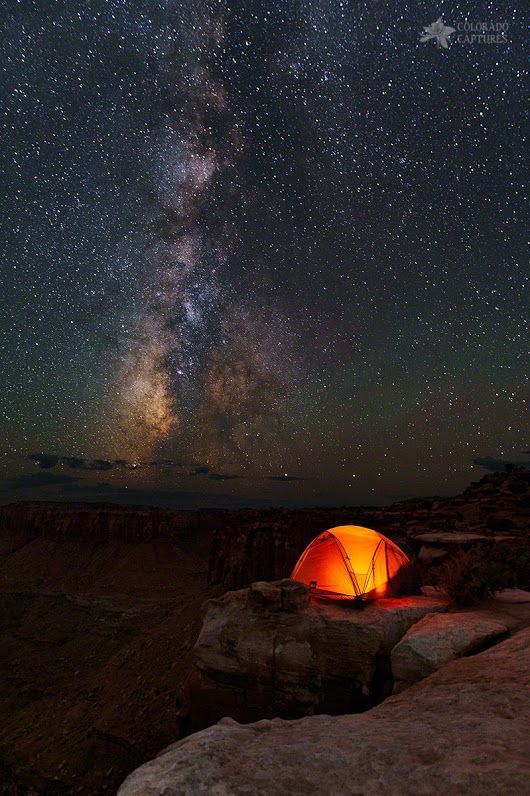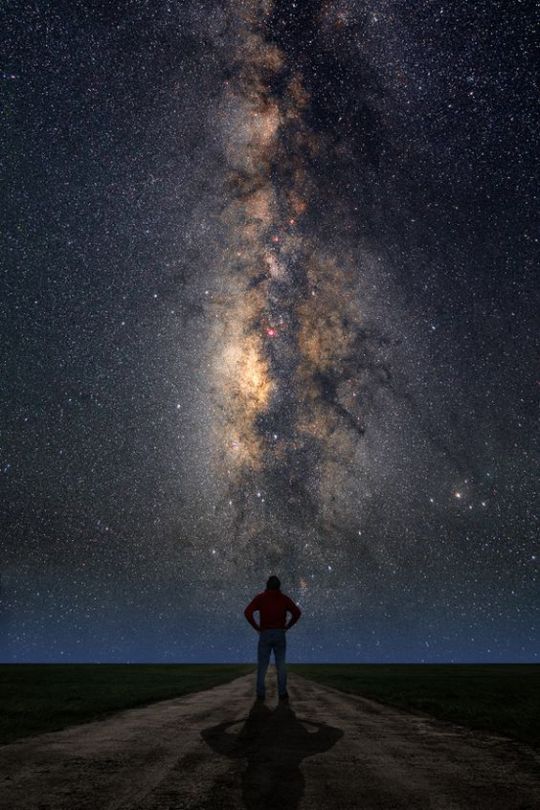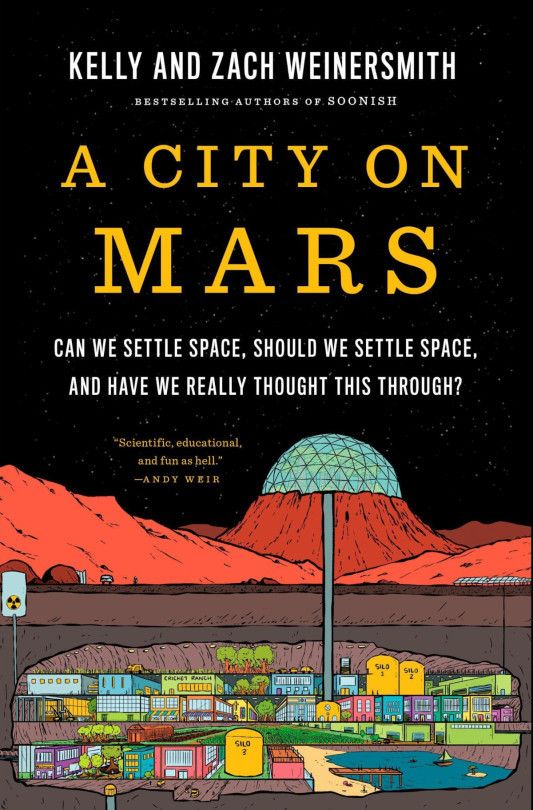#no SPACE TRAVEL!?
Text
NOT DC for once! But DP none the less!
And out here asking the Questions That Are Haunting Me (o.o ) as I sit and Ponder(TM)
Danny. Our babiest of boys. The feral Racoon of our hearts. WOULD HE? Get... stuck? If he possessed someone with one of those Haunted By The Previous Holders Protagonist McGuffins?
I am thinking specifically in this case Izuku Midoriya. Deku.
With his probably GRABBY AF Stockpiling Quirk. Which? Probably would want to get it's clingy little raccoon hands ALL over Danny's Ecto like? SIR!? Excuse me, SIR DESIST!!! *smacks with newspaper*
Not to MENTION? You go to hide, because crazy spandex weary people in armor, which... Fair. And? There are like? 8 to 9 people...already IN here? Uuuuuuuh? Hi? Well, this is awkward.
Wait, wait, WAIT! NOT THE FACE! *sounds of Shimura violence, because Nana don't play that "possessing my boy's baby boy" bullshit*
And like? Could he even LEAVE? Or would he have to literally make a Fenton Dream Catcher to split his Ecto from the person he's in? Presumably and HOPEFULLY before he, you know, POISONS THEM.
Because he accidentally picked the one dude who's body would try and ABSORB the very much NOT SAFE and very much DEADLY, highly corrosive, radioactive, substance known as Ectoplasm? Which was perfectly safe when only connect to HIM but NOT when leeching into his "host" as it were.
Oh! And people are super jumpy about him taking control of this random adolescent boy for a few hours a day to build the Catcher... for some reason. Like? Full squad of Professionals watching his every move, type jumpy. What? Is this kid the Japanese President's son or something? DOES Japan have a President? Hell if Danny knows. He's in a foreign dimension! So, maybe!
At least the kid is have the time of his young life, harra- I mean CHATTING with his... heeeead mates? Yeah, Danny has no idea what's going on there and doesn't feel like asking. This place is WEIRD.
Also! No NASA! OR space programs! So clearly, the WORST timeline/dimension! And Danny is trying not to be RUDE? But what the fuuuuuck. Unholy! Heathens, all of you. He wants his Space(~☆) back. And less..... This *offended hand motion*
@hdgnj @hypewinter @the-witchhunter @nerdpoe @ailithnight
#dpxbnha#Danny is deeply offended#no SPACE TRAVEL!?#time line CANCELED#he wants OUT#clockwork come get him#the vibes are rancid and he is lonely!
368 notes
·
View notes
Text




#cottage#cottagecore#landsccape#farmcore#faircore#aesthetic#indie#vintage#moon#full moon#moonlight#stars#lake#clouds#sundown#sunrise#landscape#paradise#nature#adventure#explore#travel#travelling#sky#photography#draw#drawing#grunge#ocean#space
10K notes
·
View notes
Text










#sky#beauty#nature#beautiful#night#lit#photography#night sky#stars#space#galaxy#universe#travel#personal#mine#art#dark aesthetic#aesthetic#light academia#dark academia#warmcore#naturecore#adventure#paradise
14K notes
·
View notes
Text
I BOUGHT THIS MOON LAMP LAST WEEK AND TODAY I RECEIVED THE PACKAGE AND LOOK AT IT!!! THE BEST PURCHASE OF 2024 SO FAR!

**For the people asking I bought it HERE
#art#design#dark academia#light academia#photography#nature#naturecore#landscape#paradise#adventure#explore#travel#travelling#witchcore#witchblr#funny#lol#haha#humor#meme#memes#space#astrology#witches#witchcraft#wicca#goth#gothic#moon#full moon
5K notes
·
View notes
Text


#landscape#paradise#nature#adventure#explore#moon#full moon#gifs#animation#anime#anime and manga#cottagecore#naturecore#aesthetic#photography#sky#clouds#space#travel#travelling
5K notes
·
View notes
Text
Aurora Borealis (Lapland, Finland)
#aurora#aurora borealis#nature#travel#landscape#landscapes#vacation#forest#lake#sky#stars#trees#surreal#nature photography#science#space#beauty-funny-trippy#northern lights#night sky#night#Finland#trippy#video#videos#beautiful#amazing
8K notes
·
View notes
Text
Prompt 179
“Pa, there’s a weird lookin’ cat outside!”
-Said by a sleep deprived Danny Phantom while in Clockwork’s Lair, about a hero displaced in time. Clockwork is in fact amused. Batman is simply confused about the entire situation.
#dcxdp#dpxdc#prompts#Danny uses the fact that other ghosts are afraid of CW to get some peace and quiet#Clockwork is happy to hold and snuggle his ghostling#He’d get out and visit his little baby ghost more but there’s these annoying speedsters in all these different timelines that keep making#knots that he has to detangle before his paid vacation time can start#Danny looks tiny compared to Giant Ancient Clockwork#Ghosts continue to grow with age and Never Stop as long as there’s space#Seeing as they control the amount of space in their lairs…#Batman is going to have the craziest time travelling incident ever#Clockwork decides that he’d make a GREAT babysitter#Here’s the list for the seven children and he’ll come pick them up once he fixes the speedsters mess thanks#(Said after Danny gets his nap and CW gets him to bring his sisters & friends)
2K notes
·
View notes
Text
I time/space travelled to a Henry the 8th royal ball and was using my magic powers to just mess with people and brought my boyfriend along to enjoy the banquet. But then a mysterious person asked me for a dance.. and while dancing they told me that they were the court wizard and asked me what the fuck I was doing here, so I escaped back to my own time.
#dream#text#time travel#space#henry viii#henry the eighth#henry the 8th#magic#powers#boyfriend#banquet#dance#wizard#queueueueueueueueueueueueueue
1K notes
·
View notes
Text
AITA for accidentally kidnapping my best friend after making her daughter transgender?
I (?M-ish) was recently reunited with my best friend (53F) after many years apart. I'm kind of a free spirit and like to travel while living out of my car. She came with me for a bit (PURELY PLATONIC), but we got to a point where I realized we were so mixed up in each other it would kill us and we had to part ways. I kind of assumed she forgot about me and kept traveling and doing my thing. During that time apart I had a bit of a gender crisis and spent a few years living as a woman, which was an amazing experience but I ended up identifying with masculinity again anyway, so I looked pretty much the same as when we separated.
So I accidentally ended up back in her orbit and learned that, while we weren't talking, she ended up settling down and raising a family, including a lovely daughter (15F-ish). Her daughter is trans, which I only mention because it's relevant to the story. It turns out that my gender fuckery may have rubbed off on my friend a little, because her daughter is EERILY similar to me and even chose a name for herself from my past. My friend was not super educated on gender stuff before we met so its likely her daughter wouldn't have realized who she was if her mother and I hadn't codependently merged into the same person for a bit on our travels. Her whole family is super supportive but her grandmother (my friend's mother) kind of blames me both for putting her daughter's life at risk during our travels and getting her granddaughter bullied. She thinks if I hadn't been involved, her granddaughter wouldn't have realized who she was until she was in a more accepting place in life I guess? She also blames me because my friend donated a TON of money to charity in my name and the whole family is now struggling financially.
Anyway, we reunited and it ended up being super sweet. We decided to go for one last mini adventure in my car/house and visit her grandfather who I also used to be close with. She and her family made me swear up and down that we were JUST going to his house and nowhere else, but then she spilled some coffee on the console and we dematerialized to a random point in spacetime :/
#doctor who#IDK I THOUGHT IT WAS FUN#traveling in space and time is a metaphor for learning abt gender. to me#warlock wartalks#dw spoilers#dr who#the Star beast
2K notes
·
View notes
Text

An elf's ride through space on horseback. Down-adown-derry. 1922.
Internet Archive
#space#starry night#fantasy#space travel#moon#stars#black background#horses#elves#nemfrog#1922#1920s
3K notes
·
View notes
Text




#moonlight#full moon#landsccape#moon#sky#clouds#stars#nightsky#lake#sundown#sunrise#landscape#photography#adventure#explore#travel#travelling#nature#paradise#indie#hipster#vintage#retro#aesthetic#pale#sunset#space#cosmos#cottagecore#naturecore
6K notes
·
View notes
Text
#video#view#nature#paradise#paraiso#natureza#explore#travel#space#moon#moon light#full moon#forest#trees#night sky#trip#moon lovers#music
1K notes
·
View notes
Text

#space#grunge#ufo#vintage#aesthetic#quotes#landscape#moon#wrighting prompt#design#black and white picture#life#phrases#pale#indie#travel
6K notes
·
View notes
Text
Kelly and Zach Weinersmith’s “A City On Mars”

In A City On Mars, biologist Kelly Weinersmith and cartoonist Zach Weinersmith set out to investigate the governance challenges of the impending space settlements they were told were just over the horizon. Instead, they discovered that humans aren't going to be settling space for a very long time, and so they wrote a book about that instead:
https://www.acityonmars.com/
The Weinersmiths make the (convincing) case that ever aspect of space settlement is vastly beyond our current or reasonably foreseeable technical capability. What's more, every argument in favor of pursuing space settlement is errant nonsense. And finally: all the energy we are putting into space settlement actually holds back real space science, which offers numerous benefits to our species and planet (and is just darned cool).
Every place we might settle in space – giant rotating rings, the Moon, Mars – is vastly more hostile than Earth. Not just more hostile than Earth as it stands today – the most degraded, climate-wracked, nuke-blasted Earth you can imagine is a paradise of habitability compared to anything else. Mars is covered in poison and the sky disappears under planet-sized storms that go on and on. The Moon is covered in black-lung-causing, razor-sharp, electrostatically charged dust. Everything is radioactive. There's virtually no water. There are temperature swings of hundreds of degrees every couple of hours or weeks. You're completely out of range of resupply, emergency help, or, you know, air.
There's Helium 3 on the Moon, but not much of it, and there is no universe in which is it cheaper to mine for Helium 3 on the Moon than it is to mine for it on Earth. That's generally true of anything we might bring back from space, up to and including continent-sized chunks of asteroid platinum.
Going to space doesn't end war. The countries that have gone to space are among the most militarily belligerent in human history. The people who've been to space have come back perfectly prepared to wage war.
Going to space won't save us from the climate emergency. The unimaginably vast trove of material and the energy and advanced technology needed to lift it off Earth and get it to Mars is orders of magnitude more material and energy than we would need to resolve the actual climate emergency here.
We aren't anywhere near being a "multiplanetary species." The number of humans you need in a colony to establish a new population is hard to estimate, but it's very large. Larger than we can foreseeably establish on the Moon, on Mars, or on a space-station. But even if we could establish such a colony, there's little evidence that it could sustain itself – not only are we a very, very long way off from such a population being able to satisfy its material needs off-planet, but we have little reason to believe that children could gestate, be born, and grow to adulthood off-planet.
To top it all off, there's space law – the inciting subject matter for this excellent book. There's a lot of space law, and while there are some areas of ambiguity, the claims of would-be space entrepreneurs about how their plans are permissible under the settled parts of space law don't hold up. But those claims are robust compared to claims that space law will simply sublimate into its constituent molecules when exposed to the reality of space travel, space settlement, and (most importantly) space extraction.
Space law doesn't exist in a vacuum (rimshot). It is parallel to – and shares history with – laws regarding Antarctica, the ocean's surface, and the ocean's floor. These laws relate to territories that are both vastly easier to access and far more densely populated by valuable natural resources. The fact that they remain operative in the face of economic imperatives demands that space settlement advocates offer a more convincing account than "money talks, bullshit walks, space law is toast the minute we land on a $14 quadrillion platinum asteroid."
The Weinersmiths have such an account in defense of space law: namely, that space law, and its terrestrial analogs, constitute a durable means of resolving conflicts that would otherwise give rise to outcomes that are far worse for science, entrepreneurship, human thriving or nation-building than the impediments these laws represent.
What's more, space law is enforceable. Not only would any space settlement be terribly, urgently dependent on support from Earth for the long-foreseeable future, but every asteroid miner, Lunar He3 exporter and Martian potato-farmer hoping to monetize their products would have an enforcement nexus with a terrestrial nation and thus the courts of that nation.
But the Weinersmiths aren't anti-space. They aren't even anti-space-settlement. Rather, they argue that the path to space-based scientific breakthroughs, exploration of our solar system, and a deeper understanding of our moral standing in a vast universe cannot start with space settlements.
Landing people on the Moon or Mars any time soon is a stunt – a very, very expensive stunt. These boondoggles aren't just terribly risky (though they are – people who attempt space settlement are very likely to die horribly and after not very long), they come with price-tags that would pay for meaningful space science. For the price of a crewed return trip to Mars, you could put multiple robots onto every significant object in our solar system, and pilot an appreciable fleet of these robot explorers back to Earth with samples.
For the cost of a tiny, fraught, lethal Moon-base, we could create hundreds of experiments in creating efficient, long-term, closed biospheres for human life.
That's the crux of the Weinersmiths' argument: if you want to establish space settlements, you need to do a bunch of other stuff first, like figure out life-support, learn more about our celestial neighbors, and vastly improve our robotics. If you want to create stable space-settlements, you'll need to create robust governance systems – space law that you can count on, rather than space law that you plan on shoving out the airlock. If you want humans to reproduce in space – a necessary precondition for a space settlement that lasts more than a single human lifespan – then we need to do things like breed multiple generations of rodents and other animals, on space stations.
Space is amazing. Space science is amazing. Crewed scientific space missions are amazing. But space isn't amazing because it offers a "Plan B" for an Earth that is imperiled by humanity's recklessness. Space isn't amazing because it offers unparalleled material wealth, or unlimited energy, or a chance to live without laws or governance. It's not amazing because it will end war by mixing the sensawunda of the "Pale Blue Dot" with the lebensraum of an infinite universe.
A science-driven approach to space offers many dividends for our species and planet. If we can figure out how to extract resources as dispersed as Lunar He3 or asteroid ice, we'll have solved problems like extracting tons of gold from the ocean or conflict minerals from landfill sites, these being several orders of magnitude more resource-dense than space. If we can figure out how to create self-sustaining terraria for large human populations in the radiation-, heat- and cold-blasted environs of space, we will have learned vital things about our own planet's ecosystems. If we can build the robots that are necessary for supporting a space society, we will have learned how to build robots that take up the most dangerous and unpleasant tasks that human workers perform on Earth today.
In other words, it's not just that we should solve Earth's problems before attempting space settlement – it's that we can't settle space until we figure out the solutions to Earth's problems. Earth's problems are far simpler than the problems of space settlement.
As I read the Weinersmiths' critique of space settlement, I kept thinking of the pointless AI debates I keep getting dragged into. Arguments for space settlement that turn on existential risks (like humanity being wiped out by comets, sunspots, nuclear armageddon or climate collapse) sound an awful lot like the arguments about "AI safety" – the "risk" that the plausible sentence generator is on the verge of becoming conscious and turning us all into paperclips.
Both arguments are part of a sales-pitch for investment in commercial ventures that have no plausible commercial case, but whose backers are hoping to get rich anyway, and are (often) sincerely besotted with their own fantasies:
https://locusmag.com/2023/12/commentary-cory-doctorow-what-kind-of-bubble-is-ai/
Both AI and space settlement pass over the real risks, such as the climate consequences of their deployment, or the labor conditions associated with their production. After all, when you're heading off existential risk, you don't stop to worry about some carbon emissions or wage theft.
And critically, both ignore the useful (but resolutely noncommercial) ways that AI or space science can benefit our species. AI radiology analysis might be useful as an adjunct to human radiological analysis, but that is more expensive, not less. Space science might help us learn to use our materials more efficiently on Earth, and that will come long before anyone makes rendezvous with a $14 quadrillion platinum asteroid.
There are beneficial uses for LLMs. When the Human Rights Data Analysis Group uses an LLM to help the Innocence Project New Orleans extract and categorize officer information from wrongful conviction records, they are doing something valuable and important:
https://hrdag.org/tech-notes/large-language-models-IPNO.html
It's socially important work, a form of automation that is an unalloyed good, but you won't hear about it from LLM advocates. No one is gonna get rich on improving the efficiency of overturning wrongful convictions with natural language processing. You can't inflate a stock bubble with the Innocence Project.
By the same token, learning about improving gestational health by breeding multigenerational mouse families in geosynchronous orbit is no way to get a billionaire tech baron to commit $250 billion to space science. But that's not an argument against emphasizing real science that really benefits our whole species. It's an argument for taking away capital allocation authority from tech billionaires.
I'm a science fiction writer. I love stories about space. But I can distinguish fantasy from reality and thought experiments from suggestions. Kim Stanley Robinson's 2015 novel Aurora – about failed space settlement – is every bit as fascinating and inspirational as "golden age" sf:
https://memex.craphound.com/2015/11/02/kim-stanley-robinsons-aurora-space-is-bigger-than-you-think/
But still, it inspired howls of outrage from would-be space colonists. So much so that Stan wrote a brilliant essay explaining what we were all missing about space settlement, which I published:
https://boingboing.net/2015/11/16/our-generation-ships-will-sink.html
With City on Mars, the Weinersmiths aren't making the case for giving up on space, nor are they trying to strip space of its romance and excitement. They're trying to get us to focus on the beneficial, exciting, serious space science we can do right now, not just because it's attainable and useful – but because it is a necessary precondition for any actual space settlement in the distant future.

If you'd like an essay-formatted version of this post to read or share, here's a link to it on pluralistic.net, my surveillance-free, ad-free, tracker-free blog:
https://pluralistic.net/2024/01/09/astrobezzle/#send-robots-instead
#pluralistic#books#reviews#space#bezzles#mars#spacex#robots#science#space science#space travel#space settlement#space colonization
1K notes
·
View notes



